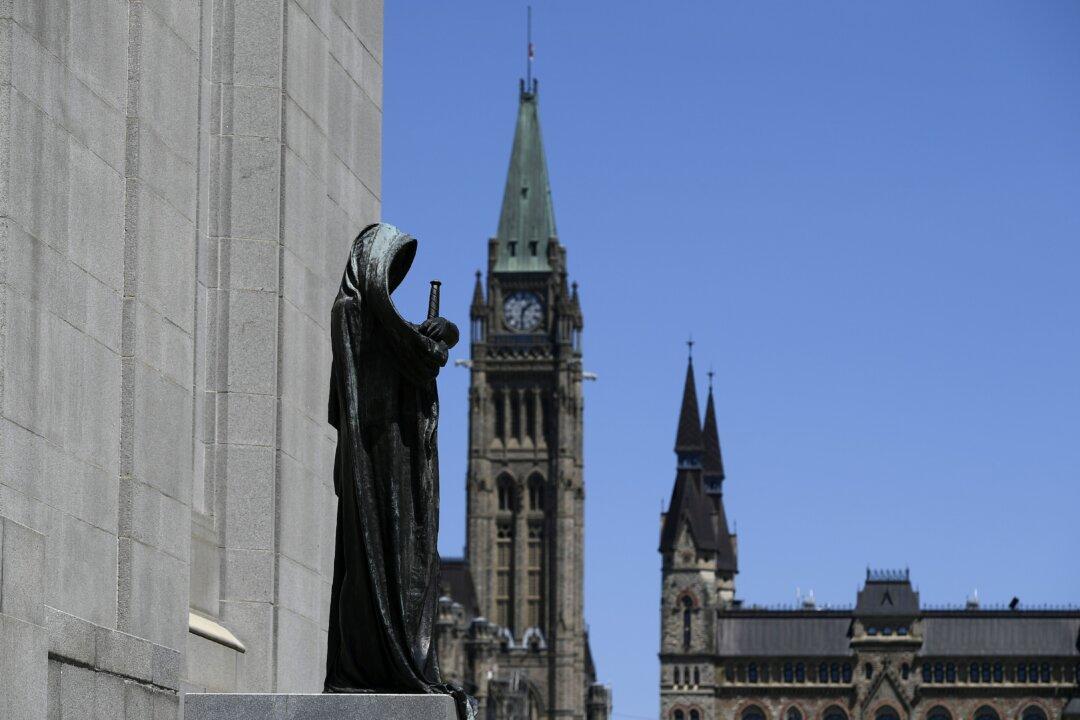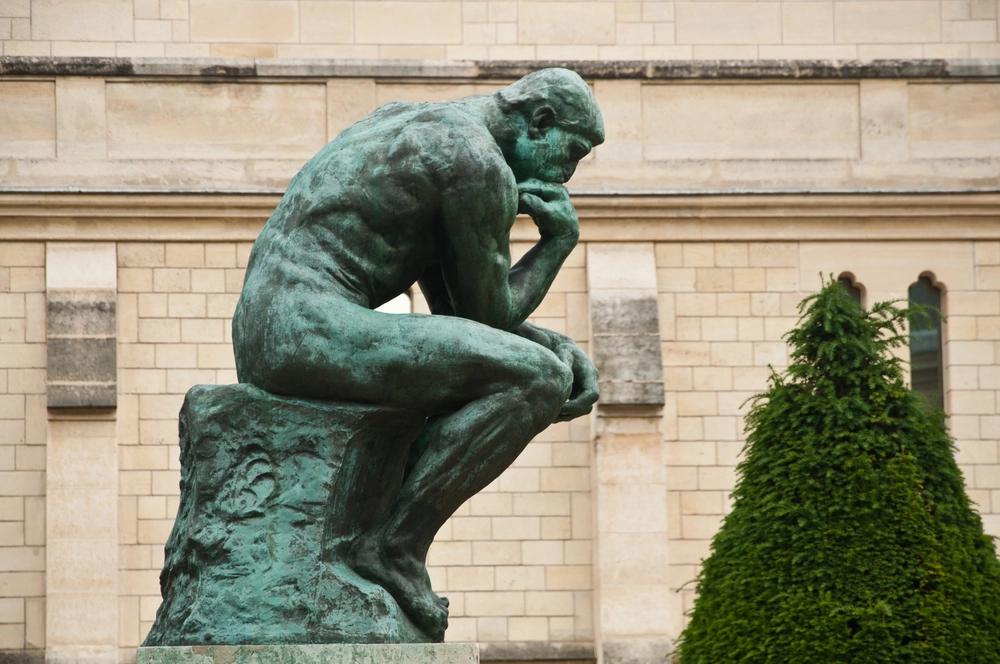Commentary
The other day on reading “Cardi B tosses microphone after concertgoer throws drink at her on stage,” I muttered “we’re never going to balance the budget.” And if you’re questioning my capacity to read the Zeitgeist, the connection is the precipitous, ominous decline in trust in our society.





